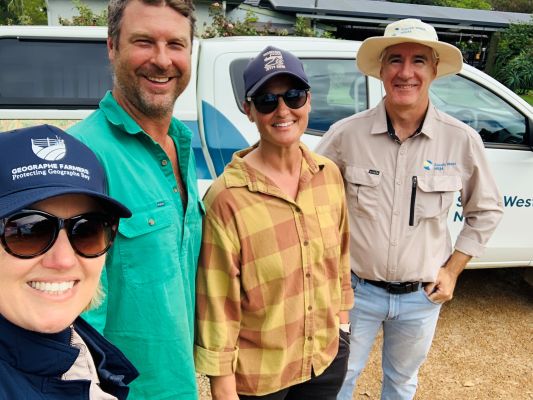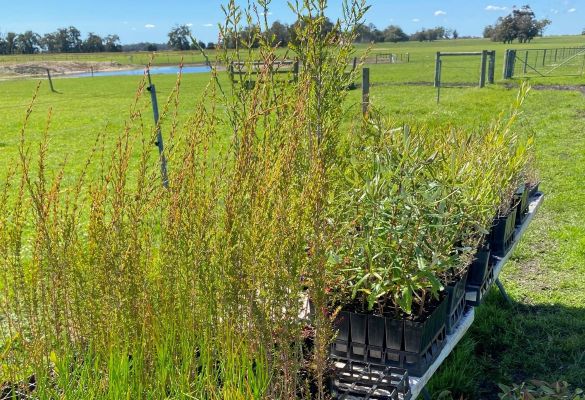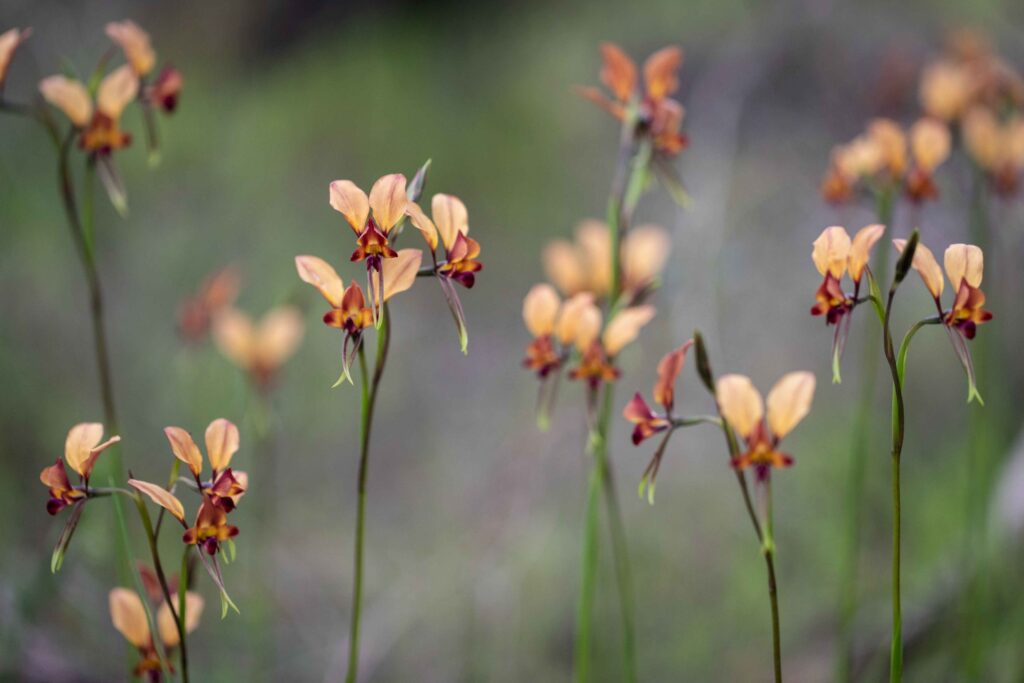GeoCatch is partnering with South West NRM to deliver the Farm Efficiencies and Sustainability Towards 2030 (FEAST 2030) project, which supports the restoration and enhancement of farm dams across the South West. As part of this initiative, two dam restoration sites have been established within the Geographe Catchment to explore how fencing and revegetation can improve water quality, support biodiversity, and contribute to more sustainable farming systems. Enhanced farm dams have been shown to reduce nutrient loads, improve livestock productivity, and provide valuable habitat for native species including frogs, birds, and fish.


The project will monitor water quality and greenhouse gas emissions at each site using Pondi sensors that record methane, carbon dioxide, and nitrous oxide levels in real time. Curtin University will assess wetland health through environmental DNA sampling, and each enhanced dam will be compared to a nearby unfenced dam to evaluate the benefits. These efforts build on national research led by Australian National University’s Sustainable Farms, which has demonstrated the ecological and economic value of small-scale dam improvements. GeoCatch’s involvement ensures that local data and insights contribute to broader understanding and future planning for sustainable land and water management in south west WA.
The FEaST 2030 project is supported by the Australian Government through funding from the Climate-Smart Agriculture Program under the Natural Heritage Trust and delivered by South West NRM, a member of the Commonwealth Regional Delivery Partners panel.

Partnering with farmers for sustainable and productive agriculture.


"*" indicates required fields